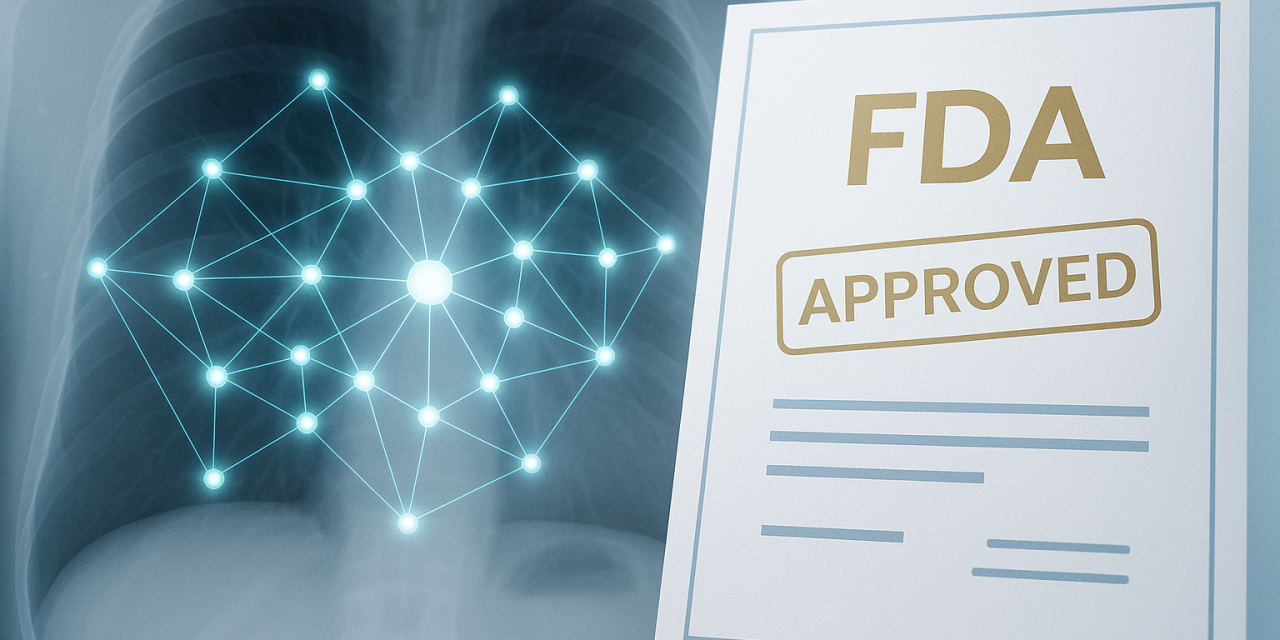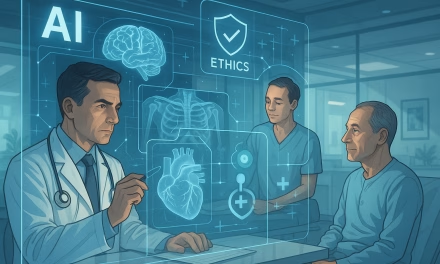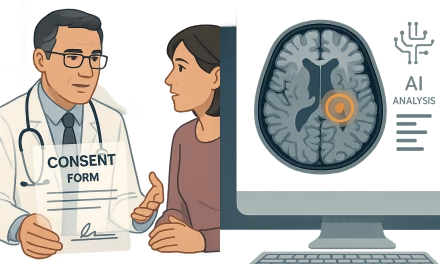The path to integrating cutting-edge artificial intelligence into mainstream healthcare often involves navigating complex regulatory landscapes. Avant Technologies, an emerging player in AI-driven diagnostics, has taken a significant step forward by securing a formal pre-submission meeting with the U.S. FDA, scheduled for July 7, 2025. This pivotal meeting, a joint venture with Ainnova Tech, marks a crucial milestone in bringing advanced diagnostic tools to market.
The Importance of FDA Engagement
For any medical technology, especially one as transformative as AI-driven diagnostics, FDA approval is paramount. A pre-submission meeting allows companies to present their technology, discuss their development plans, and receive early feedback from the FDA. This proactive engagement helps to clarify regulatory pathways, identify potential challenges, and streamline the approval process. For Avant Technologies, this meeting signifies that their AI-driven diagnostic tools are progressing towards real-world clinical application.
AI’s Growing Role in Diagnostics
The healthcare industry is increasingly recognizing the immense potential of AI in diagnostics. AI algorithms can analyze vast amounts of medical data, including imaging scans, lab results, and patient histories, with unparalleled speed and accuracy. This capability leads to:
- Earlier Disease Detection: AI can identify subtle patterns indicative of disease that might be missed by the human eye, leading to earlier diagnoses and interventions.
- Improved Diagnostic Accuracy: By providing clinicians with AI-powered insights, diagnostic accuracy can be significantly enhanced, reducing misdiagnoses.
- Personalized Treatment Plans: AI can help tailor treatment strategies based on a patient’s unique biological profile and predicted response to therapies.
- Streamlined Workflows: Automation of certain diagnostic processes can free up healthcare professionals to focus on more complex tasks and direct patient care.
The Future of AI in Health and Wellness
Avant Technologies’ progress with the FDA is indicative of a broader trend: the shift towards a more intelligent, data-driven, and preventive healthcare system. As AI diagnostic tools become more sophisticated and gain regulatory acceptance, they will play an increasingly vital role in improving patient outcomes and transforming the delivery of healthcare services globally.
The July 7th meeting will be closely watched by the industry, as it could pave the way for a new generation of AI-powered diagnostic solutions that promise to make healthcare more precise, efficient, and accessible for everyone.





